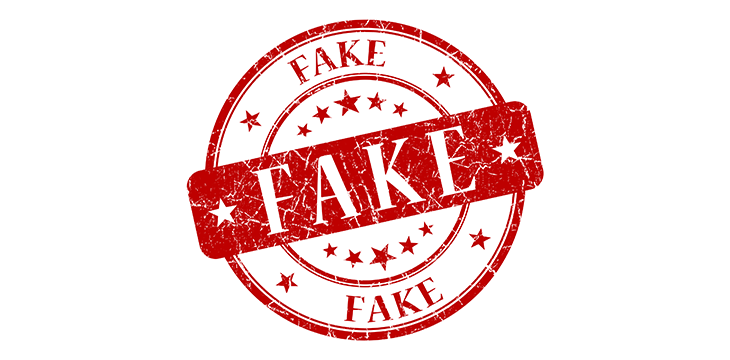|
Getting your Trinity Audio player ready...
|
A British NFT collector is thanking his lucky stars after a hacker returned £244,000 (~US$336,000) they stole by selling him a fake Banksy NFT. The incident took place on NFT marketplace OpenSea and even involved a link from Banksy’s official website.
How did this happen, and what do we know?
- The NFT was advertised on the artist’s official website.
- The page on Banksy.co.uk led to an auction for the NFT.
- The winning bidder paid 90% more than anyone else at £244k.
- The hacker returned the cash minus the £5,000 transaction fee.
- The funds were sent to the scammer in Ethereum. Quelle surprise!
The victim says he believes the hacker got spooked and returned the cash for fear of repercussions. This is the second time in as many months that digital currency thieves have lost their nerve and returned their ill-gotten gains. Last month, the Poly Network was attacked, and the hacker returned hundreds of millions in stolen funds.
How did the victim fall for the scam? He spoke anonymously and said he only bid because the auction was listed on Banksy’s official website. He believes it was a hack as the webpage leading to the auction has since been deleted, and Banksy’s team has informed the public it was not an official auction.
Sadly, he’ll never recover the £5,000 transaction fee he paid to send Ethereum to the hacker. One could argue that the transaction fee is criminal in itself!
NFTs are booming, and it’s going to end badly
NFT-mania kicked off in 2021 and made mainstream headlines when the artist Beeple sold an art collection for $69.3 million. Since then, things have only gotten crazier. Recently, a picture of a rock sold for $1.3 million, and a 12-year-old kid banked almost $400,000 selling simple JPEGs of whales. The digital currency industry’s very own P.T. Barnum, Justin Sun, boasted of spending half a million on a digital rock on Twitter.
Just spent half million dollars on a rock 😂 pic.twitter.com/4zDmDgzERz
— H.E. Justin Sun🌞(hiring) (@justinsuntron) August 22, 2021
Astute investors will recognize that this sort of mania has all the hallmarks of a massive bubble. Like 2001, when dot coms without a single penny in revenue were selling for billions, the NFT bubble will eventually burst, and a lot of people will scratch their heads and wonder how anyone ever paid these prices for digital pictures in the first place.
What do NFTs actually get their buyers?
There’s been much debate about how valuable NFTs are and what rights the owners really have. They don’t necessarily give the owner any rights to the underlying art. For example, NBA Top Shot sells multiple NFTs linked to the same video highlights. So, who owns the underlying video, and if multiple NFTs can be created linked to one clip, why can’t more be created?
Looking deeper, the license terms often expressly prohibit the owners from commercializing, modifying, or displaying the underlying art in other forms of media. So, what has the owner really bought? Like with most things in the digital asset space, the future is likely to be littered with lawsuits as the buyers of NFTs realize they were misled by marketing hype and buzzwords.
Do NFTs have any real value or use cases?
It’s important not to throw the baby out with the bathwater. While the current NFT-mania is unsustainable and will likely end with a huge crash, NFTs themselves do have some legitimate use-cases, and they’ll be around for a long time to come.
For example, players of the BSV-based play-to-earn game CryptoFights can win NFTs such as weapons within the game. These can then be used in the game and can be sold on a legit marketplace to other players.
NFTs will also allow artists to sell their wares to buyers directly, cutting out many of the middlemen who profit from their work. They could also help weed out counterfeits and provide immutable ownership logs detailing the history of each NFT on the blockchain. This is what Bitcoin was always supposed to be about, and when the buzz dies down, some real and world-changing use-cases will come out of all this.
However, before we get there, the people who pay $1.3 million for digital rocks will have to pay dearly, regulators will have to ensure that these sales aren’t linked to money laundering and the blockchains that host many NFTs will have to scale or die.
It’s going to be a long and messy road, but in the end, NFTs will remain in some form. For a neutral overview of their potential and pitfalls, watch this conversation between skeptic David Gerard and Twetch-CEO Josh Petty.

 03-02-2026
03-02-2026 




